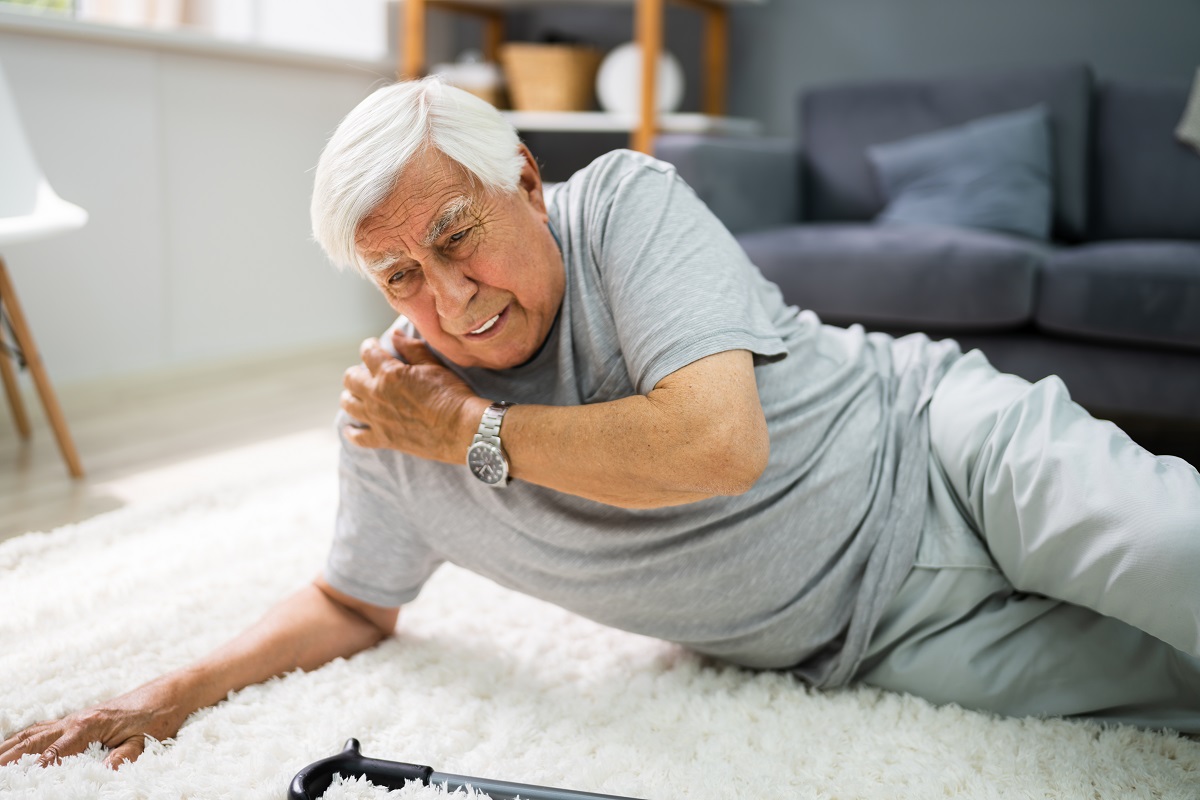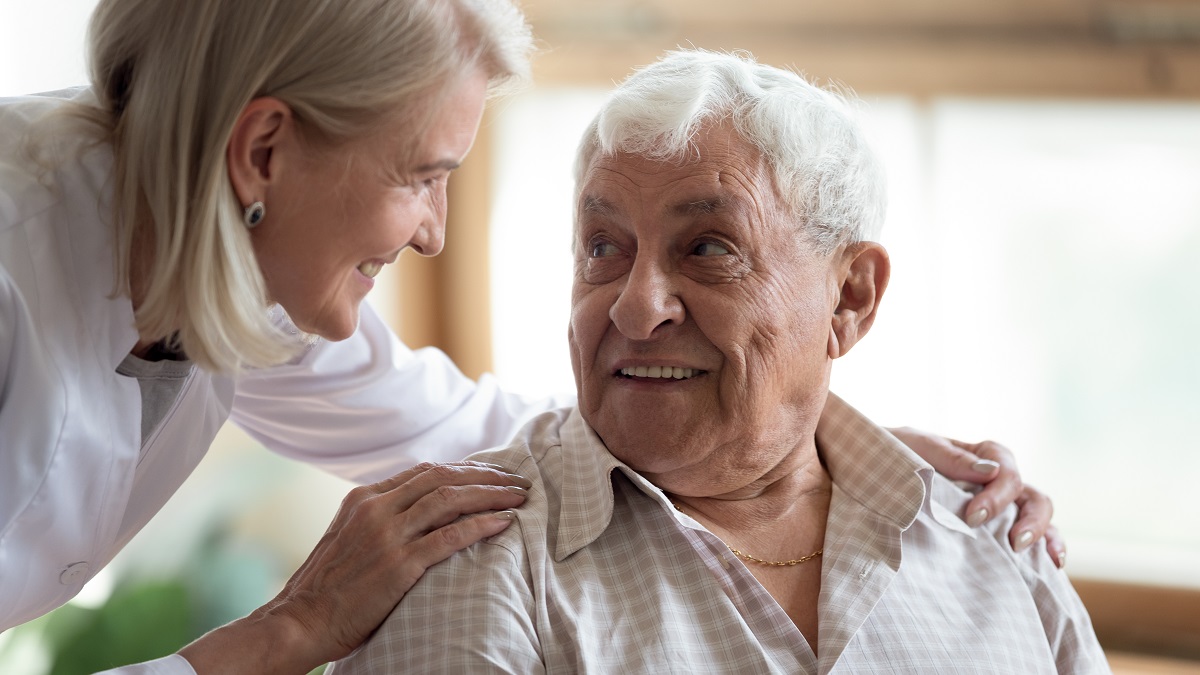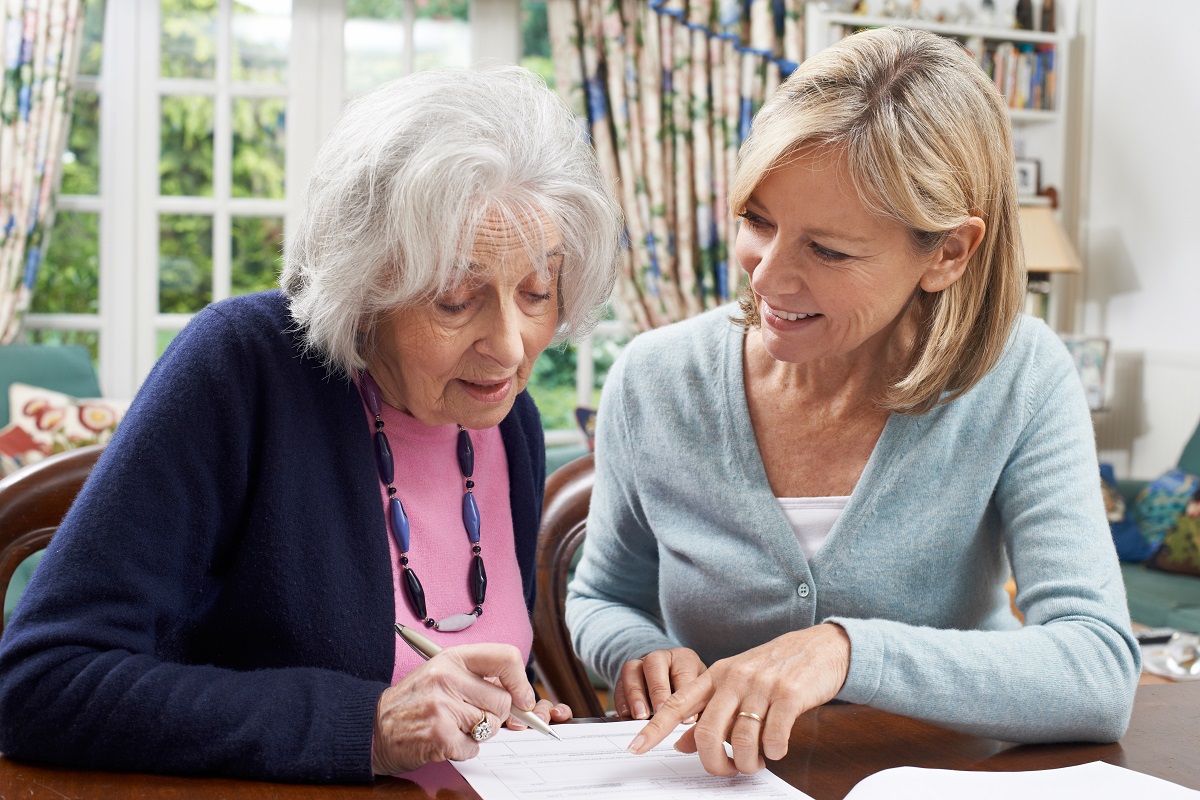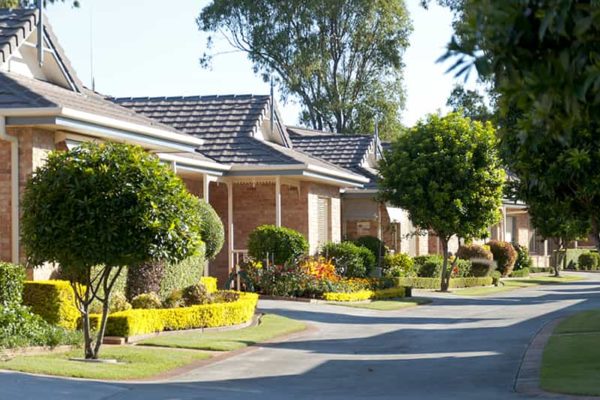Winter is here again, and while it can be a beautiful time of year in many ways, colder weather brings a greater risk of a range of health issues – especially for the elderly.
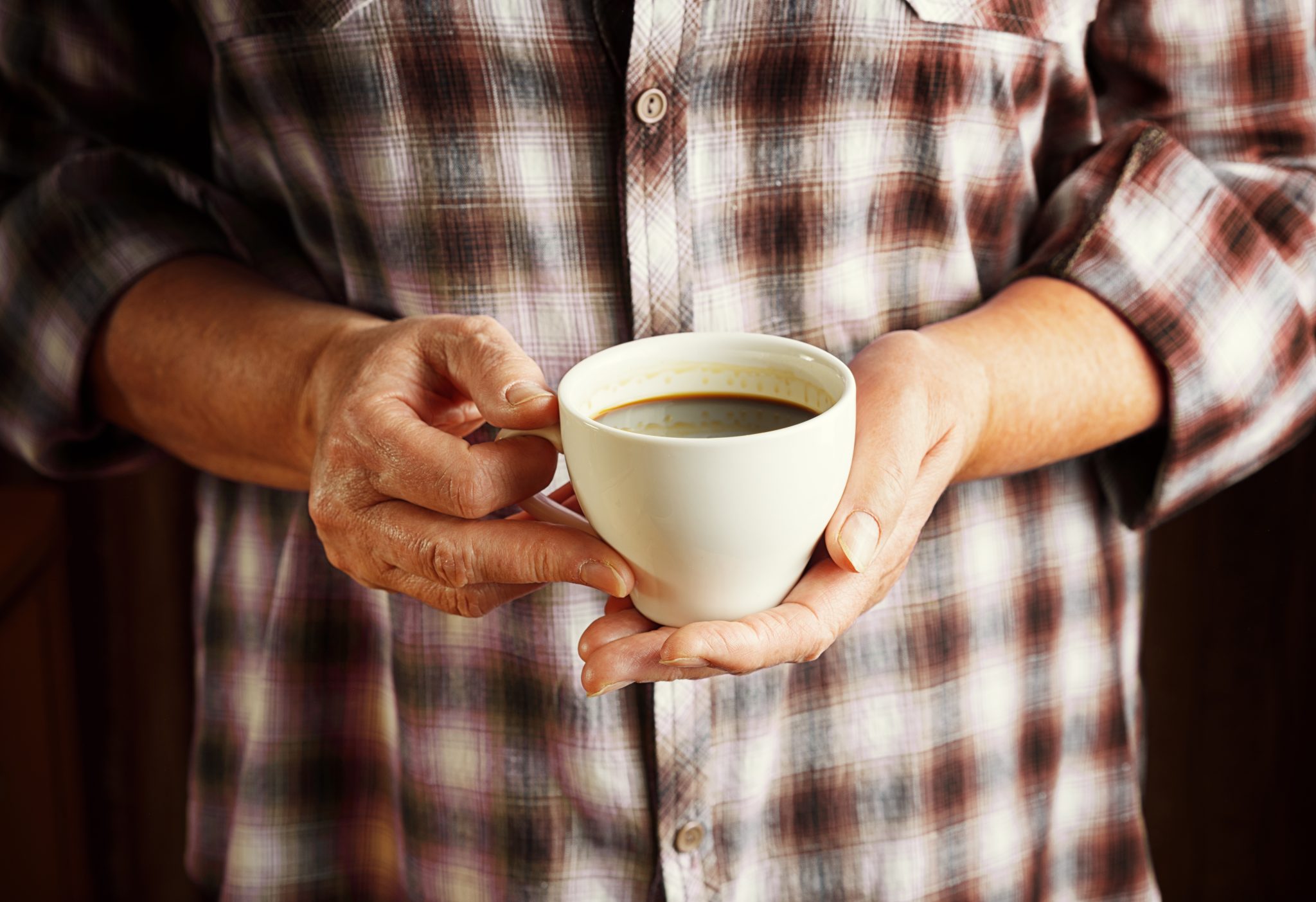
Older people have a reduced ability to control and regulate their body temperature, which means they are at greater risk of hypothermia, especially during winter.
Winter also brings the ‘flu season’. The flu virus can be especially dangerous for elderly people, pregnant women, Aboriginal and Torres Strait Islander people, and very young children, as well as for people with underlying medical conditions.
RetireAustralia’s expert health professionals have a wide range of experience, skills and knowledge in relation to caring for the elderly. Care and Services Development Manager, Kerrie Storey, and Tarragal Manor Care Coordinator, Shirley Leech, offer the following tips to help you stay warm this winter:
Make sure your home is warm enough
Hypothermia occurs when your body temperature drops below 35°C and can cause serious problems without prompt medical attention. Be prepared for winter by making sure your home is heated to a sufficient temperature.
• Ensure your main living area is heated to at least 21°C, with the rest of the home heated to at least 18°C
• Check your home’s thermostat and heating system to make sure it is fully working and doesn’t require maintenance
• Close all curtains and windows in your home at night time
• Several layers of thin clothes will retain heat better than one thick layer, so layer-up in winter, especially when going outside
• The coldest time of day is just before dawn, so go to sleep with extra blankets, and warm layers of clothing or nightwear
• Contrary to popular belief, most body heat is not lost through the head, but through whatever part of your body is most exposed to cold air, so keep as much of the body covered as possible
Eat nutritious food and have regular hot drinks
Eating food high in nutritional value means the body receives the vitamins, carbohydrates and fats it needs to be well-nourished and to recover from minor illnesses quicker. While it may seem like a good idea to eat larger amounts of carbohydrate-heavy food in winter in an attempt to keep warm, it is much healthier to maintain a well-balanced diet.
• Include foods in your diet high in protein and fibre, with vitamins B,C, D and E, and low in sugars and fats
• Eat regularly to help keep energy levels up during winter
• Have at least one hot meal a day
• Have regular hot drinks – tea/coffee/hot chocolate
Keep in daily contact with elderly relatives, friends and neighbours
Elderly people can often be socially isolated, so can be alone for long periods of time with no one noticing if they become unwell. The simple act of checking up on an elderly person – ideally face-to-face – could save a life.
• Call upon elderly loved ones or neighbours on a daily basis. If you are unable to do so, arrange for a family member, friend or neighbour to do it
• Bring them a hot flask of tea, hot food, an extra blanket or clothes, an electric heater, a hot water bottle, or some wood for their fire, but most of all, simply check that they are warm and healthy
• Check weather forecasts regularly to find out when cold weather is predicted, and make doubly sure your loved ones are warm and healthy during these times
• Seek help from a medical professional or, in an emergency, call 000 if you believe someone is suffering from the effects of hypothermia
• Regular contact with elderly loved ones or neighbours can benefit them in other ways, including promoting physical and psychological health
Seek assistance from government agencies for help with heating, food and clothing, if necessary
Electricity, gas, water and phone bills are expensive and they can be difficult to budget for as they can vary seasonally, there can be unexpected increases or additional charges, and it is often difficult to tell how much a bill will be before it arrives in the mail or inbox. It is vital that elderly people keep warm through the winter, and many are eligible for state government assistance to help pay their utility bills.
• The elderly are more likely to be reluctant to use heating for economic reasons, so ensure this is not the case for an elderly loved one or neighbour
• Explore ways to apply for a rebate or voucher
• Visit the federal government’s MoneySmart website for ways to save money on power bills without compromising physical or mental wellbeing
Have regular medical check-ups and get your flu vaccination
Loss of nerve endings to the skin increases as we get older, meaning an elderly person’s body has a decreased ability to register changes in temperature. Additionally, the elderly have a lower metabolic rate and less body fat, so generate and retain less heat. A regular visit to your doctor helps to maintain your overall health.
• Blood pressure is generally higher in the winter, as cold temperatures cause blood vessels to narrow. It is useful to have regular blood pressure checks to ensure appropriate levels are being maintained
• Influenza and many rhinoviruses replicate quicker and more effectively in colder weather. Older people are more vulnerable to the effects of these viruses as their immune systems are less adept at fighting them off. The flu vaccine is recommended for everyone from six months of age, but is available free under the National Immunisation Program for people who face a high risk from influenza and its complications (such as people with certain medical conditions and people over 65 years of age). Free pneumonia vaccinations are also available to older people under this program. Work with your doctor to make sure your vaccinations are up to date.
Our staff
Kerrie Storey, Care and Services Development Manager at RetireAustralia, has been a nurse for 30 years and earlier in her career has worked as a home nurse. During this time she remembers regularly visiting an elderly lady who was housebound, and once noticed that the house was very cold and the lady was very unwell: slurring and confused. After transfer to the local hospital it was determined that the lady was suffering form hypothermia. She improved following treatment, but if the nursing visit wasn’t scheduled for that day the outcome could have been quite different.
Shirley Leech, Care Coordinator at RetireAustralia, has been a nurse for 30 years, and was previously a clinical nurse specialist for the NSW Department of Health. Shirley hails from the North of England, where she was a Nurse Practitioner for 11 years, working in a climate in which winter temperatures can drop into minus figures for weeks at a time.
RetireAustralia’s retirement villages foster environments in which residents feel comfortable, secure and supported by community. Our dedicated and caring staff can assist with many of the issues discussed in this article.
For more information visit http://www.health.gov.au
Find out more about how RetireAustralia helps residents live well:
